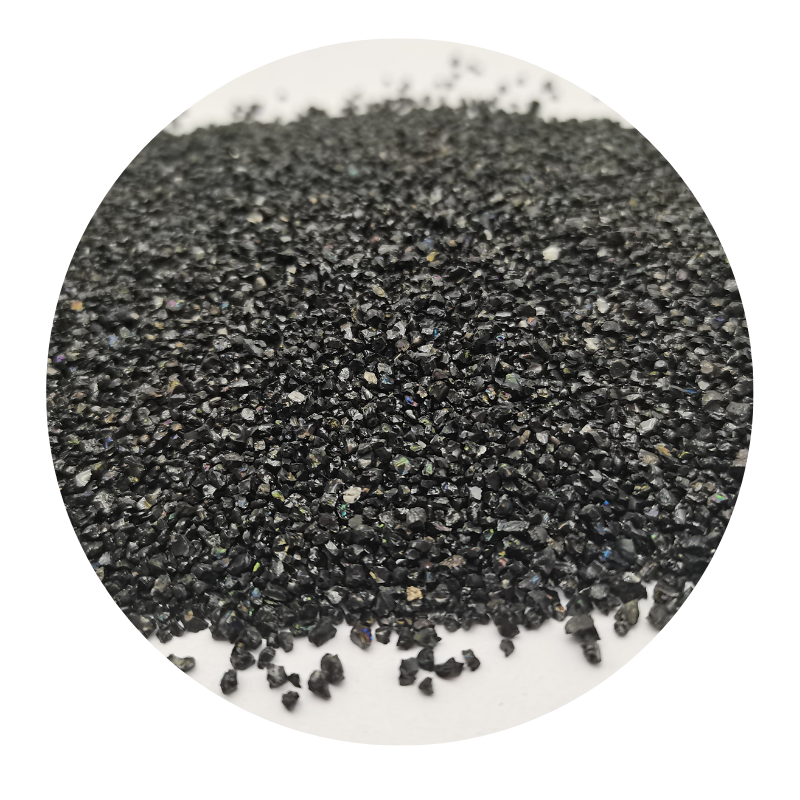
Essential Minerals in Everyday Life and Their Importance
The Role of Minerals in Our Daily Life
Minerals are integral to our daily lives, providing both essential nutrients and raw materials for a myriad of products and processes. From our morning routines to the structures that surround us, minerals play an unseen but pivotal role. Understanding the types of minerals we encounter daily, their sources, and their applications can deepen our appreciation for these natural resources.
Essential Nutrients
One of the most significant roles of minerals is in nutrition. Essential minerals such as calcium, potassium, magnesium, and iron are vital for maintaining bodily functions. Calcium, for example, is crucial for bone health and can be found in dairy products, leafy greens, and fortified foods. Potassium is important for heart health and helps regulate blood pressure; it can be sourced from bananas, oranges, and potatoes. Magnesium supports muscle function and energy production, while iron is essential for the formation of red blood cells, commonly found in meats and legumes.
Mineral deficiencies can lead to various health issues. For instance, a lack of iron may result in anemia, while insufficient calcium can lead to osteopenia or osteoporosis. This highlights the importance of incorporating a balanced diet rich in minerals to ensure optimal health.
Raw Materials for Everyday Products
Beyond nutrition, minerals are fundamental raw materials in countless everyday products. For instance, quartz (silicon dioxide) is used in the production of glass, while aluminum, derived from bauxite, is employed in everything from cans to airplane parts. The construction industry relies heavily on minerals like limestone, which is used to produce cement, and gypsum, essential for drywall.
minerals used in our daily life

In technology, minerals like cobalt and lithium are critical for manufacturing batteries used in smartphones, laptops, and electric vehicles. The growing demand for renewable energy solutions has further intensified the need for these minerals, underscoring the interconnectedness of technology and natural resources.
Household Products
The role of minerals extends into household products as well. Common cleaning agents may contain minerals such as sodium (in baking soda), which acts as a mild abrasive and deodorizer, and calcium carbonate, widely used in antacids and cleaning products. Even cosmetic items utilize minerals; for instance, talc is used in powders, while mica provides a shimmer in various makeup products.
Environmental Considerations
While minerals are essential, their extraction and usage raise environmental concerns. Mining operations can lead to habitat destruction, water pollution, and other ecological impacts. Sustainable practices are increasingly advocated, focusing on recycling minerals and minimizing waste. For example, recycling aluminum saves significant energy and reduces the need for new raw materials. Furthermore, initiatives to mine responsibly ensure that ecosystems remain intact while still harnessing these valuable resources.
Conclusion
In conclusion, minerals are indispensable in our daily lives, contributing to our health, the functionality of our homes, and the advancement of technology. As we continue to rely on these natural resources, it becomes essential to embrace sustainable practices to ensure the long-term availability of minerals. By understanding their importance and our impact on them, we can foster a healthier relationship with the earth’s invaluable resources. This not only benefits us today but also ensures that future generations can continue to harness the benefits of minerals in their lives.
Share
-
Vermiculite Wholesale – Premium Quality, Bulk Supply & Competitive PricingNewsJun.10,2025
-
Premium Glass Pebbles Custom Glass Pebbles Factory & OEM Manufacturer Reliable Custom Glass Pebbles FactoriesNewsJun.10,2025
-
Expert Custom Zeolite Producers Manufacturers & FactoriesNewsJun.10,2025
-
Custom Glow in the Dark Beads High-Quality Custom ManufacturersNewsJun.10,2025
-
China Ceramsite Balls Factory - Lightweight & Durable Media Solutions ManufacturerNewsJun.09,2025
-
Custom Matte Mica Powder Manufacturers High Quality & AffordableNewsJun.09,2025






